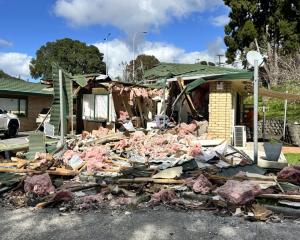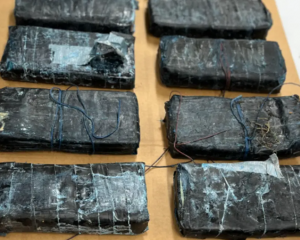In its decision to approve a new $400 million cement plant near Weston, the Environment Court said cement manufacturing was anticipated in the valley, but it was the scale and adverse effects that needed to be balanced and considered.
The court, during the hearing, was faced with a clear divergence in opinions between Te Runanga o Moeraki, representing Ngai Tahu, and sub-tribe Waitaha, which appeared as interested parties, on the effects on Maori values.
That had its genesis in the complex historical relationship between Ngai Tahu and Waitaha, but the court said it was not possible for it to attempt to unravel these "complicated traditions".
"It is not appropriate that such a polemical debate should be resolved by this court," Judge Gordon Whiting said.
One of the issues raised by the Waiareka Valley Preservation Society, which opposed the project, was the importance of the Whitstone Escarpment, which overlooks the cement plant site.
The society maintained the escarpment was of "outstanding" natural value, but Holcim and others said it was "significant".
After considering the opposing evidence, the court found the escarpment was not outstanding.
The society also said the Waiareka Valley, as a whole, was a heritage landscape because of its Maori and European history, but the court did not support that.
While the valley had "rich cultural and historical associations", the court did not find it worthy of special protection.
Society spokesman Rodney Jones said the court had acknowledged the valley was full of heritage that was important to both Maori and Pakeha.
If the plant went ahead, there would be significant losses, he said.
The society would consider at its annual meeting next month whether to continue as it was or form a new society to work in the valley, focusing on preserving what was there.
Mr Jones said part of that would be working with Holcim.
The court had faced "a difficult balancing act" in reaching its decision, but had resolved the resources in the valley be used for the production of cement, Mr Jones said.
Otago Chamber of Commerce Waitaki spokesman Fraser McKenzie said the chamber had supported the plant, providing environmental concerns could be addressed.
He felt they had been canvassed fully through the resource consents process.
As a result, the decision was "a positive outcome".
"It is also very timely, given the current economic environment.
"It would be good to get some direction from Holcim as to where the project now sits."
There were tremendous business opportunities for the community from the project, he said.













